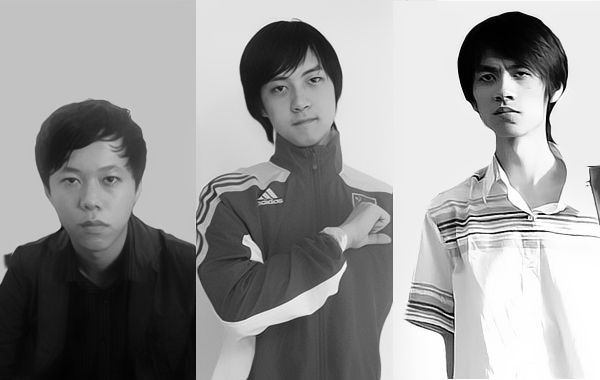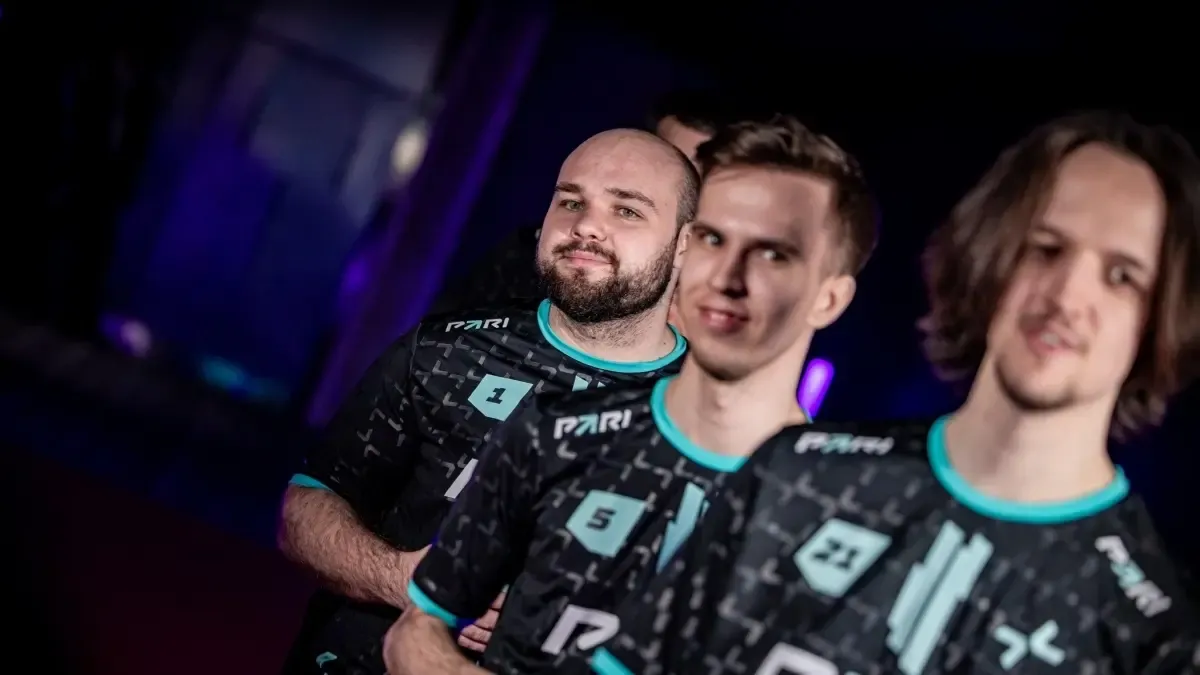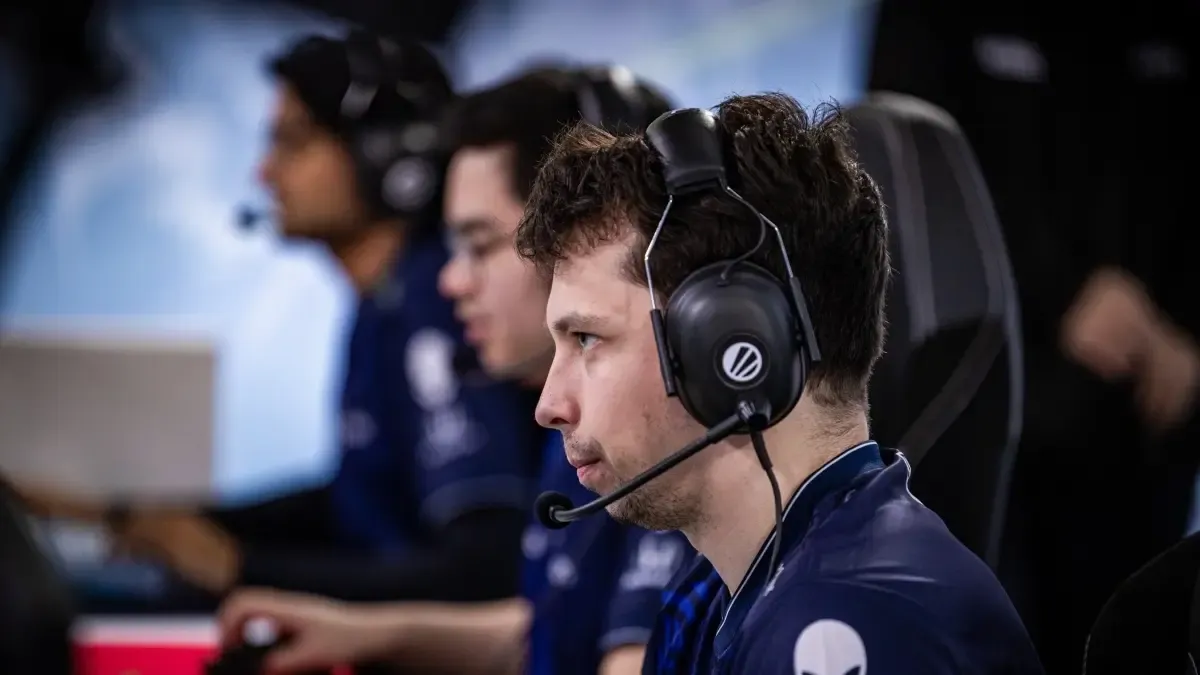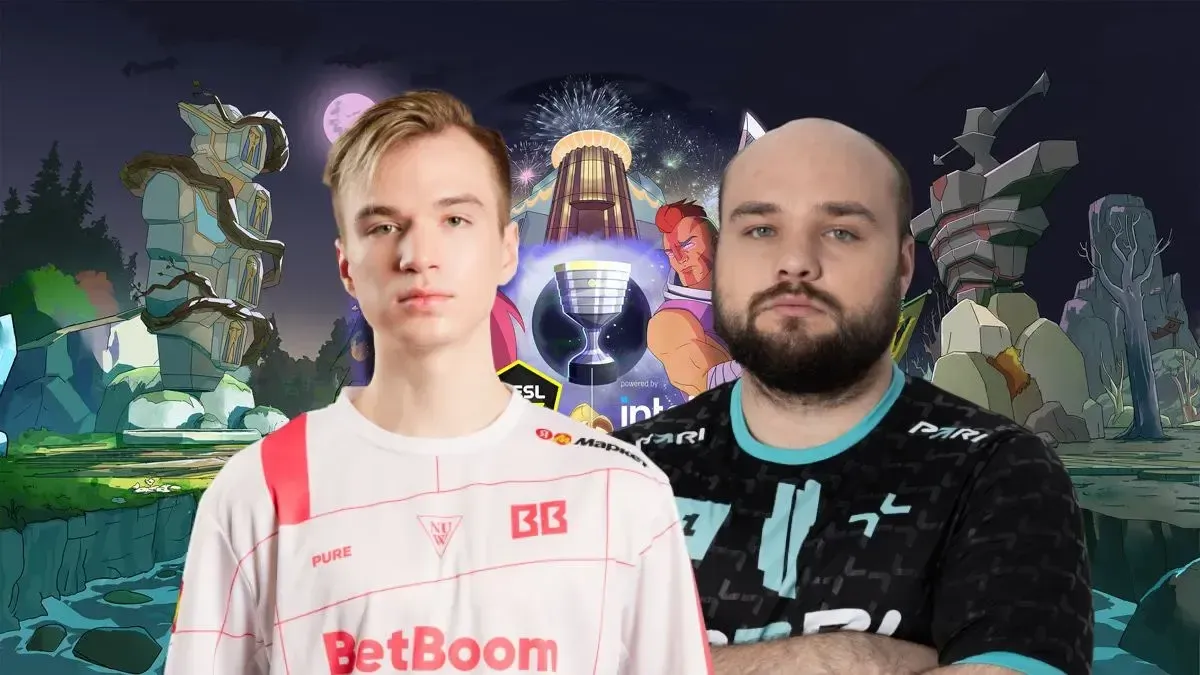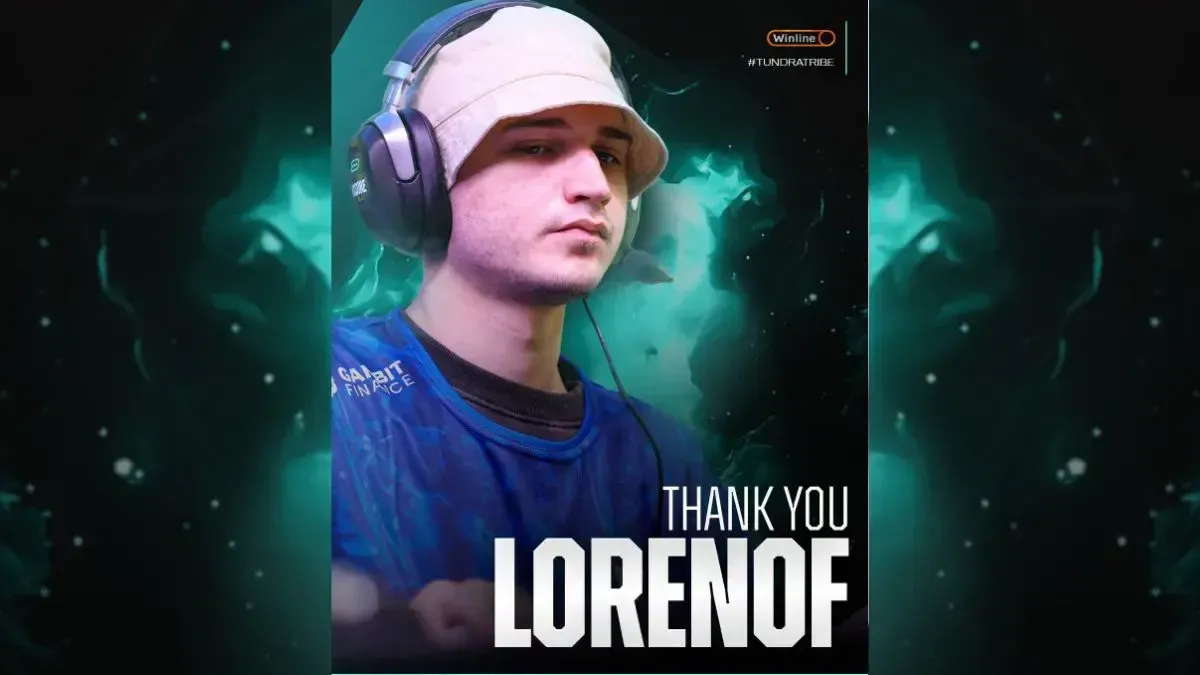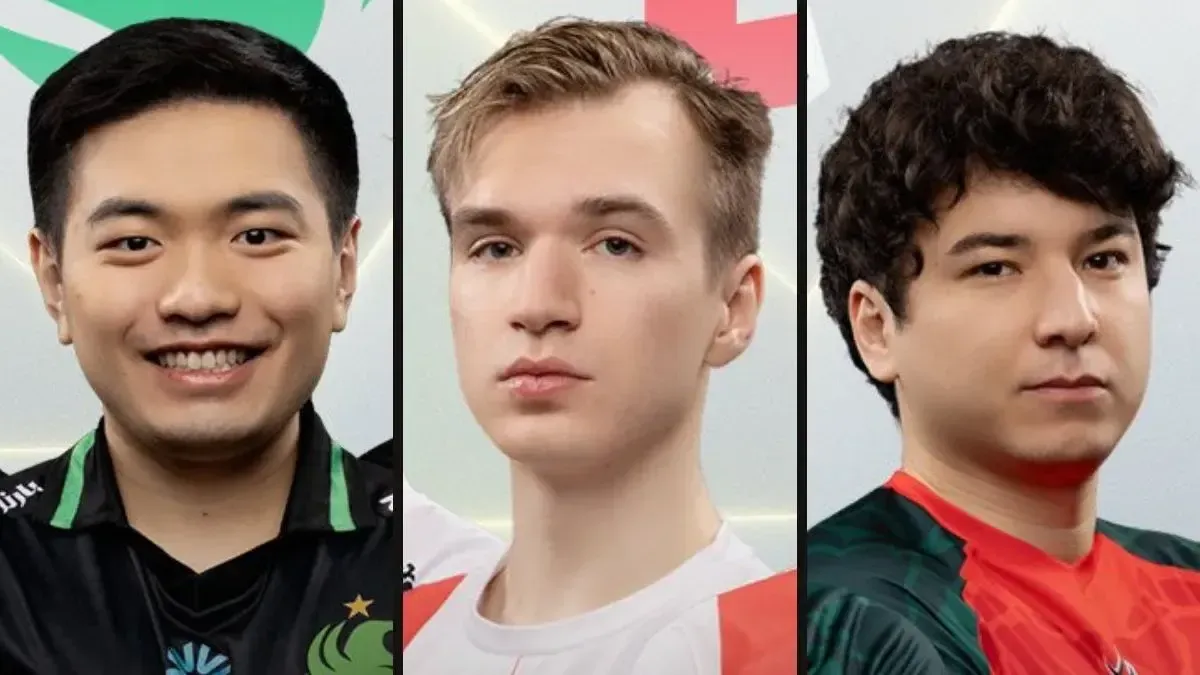The opinions in this editorial are that of the writer’s and does not represent those of GosuGamers. The information for this editorial was gathered from a few informants in the Chinese scene who will go unnamed.
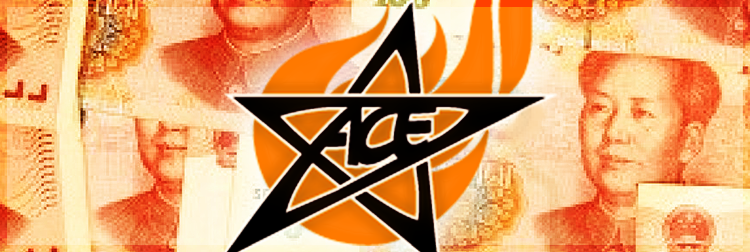
The ACE Alliance cuts a divisive figure even in the already divisive world of Dota 2. The ACE Alliance is the structural and organizational head of the professional Chinese Dota 2 community – they govern and regulate one of the most developed eSport communities in the world. Yet, at its very core, the ACE Alliance has been the butt of many criticisms and the silent partner in the multitude of scandals plaguing the Chinese Dota 2 scene.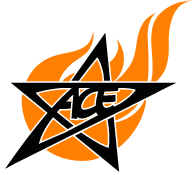
The ACE Alliance has existed since 2011 as a player’s union and governing body akin to the Football Association in England, or in eSports, the KeSPA in South Korea. The ACE Alliance began as an initiative amongst the managers of the largest teams in China then: iG, DK, LGD, and the now defunct Tongfu and EHOME. As China and its players experienced repeated successes in eSports, a notion was floated that there needed an overseeing organization to take care of matters and provide a front for the continued development of eSports in China. Such an organisation would control and regulate unethical practices in eSports, which would be key in an arena often termed as the “playground of the sons of billionaires”.
As a players’ union, ACE is in charge of all the transactions that happen in the Chinese Dota scene. Transfers, contracts, and player availability are all subject to ACE scrutiny, which exists to protect the players, especially since they are young and may be exploited. At the same time, ACE exists to ensure that a facsimile of a kind of ‘Fair Play’ goes on: teams are not allowed to poach other teams’ players without first going through ACE, and confirmation has to be issued by ACE before any movements may occur.
At the same time, ACE is also tasked with the development of the scene, be it through amateur tournaments, the introduction of new teams into competition, as well as marketing the scene to sponsors and organising the large tournaments, such as WPC-ACE, we have seen in the past two years. Their influence in the scene is marked especially in the way ACE was deemed to take responsibility for Chinese Dota’s failures at TI3. Back then, ACE’s CEO King had to step out and make a public statement over ACE’s failures and difficulties, as well as publicising plans for future tournaments and the growth of the local scene.
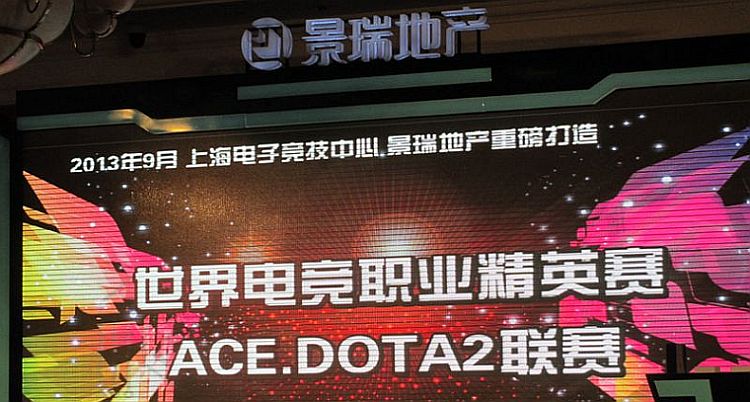
Picture of the opening ceremony of the WPC-ACE League 2013: Jing Rui Properties is featured at the top
In recent times, ACE has been under more and more fire for their mishandling of the Chinese Dota scene. Two of the recent scandals come to mind with their failure to payout Team DK for their win at the 2013 WPC-ACE League, as well as all the prizes owed from the conclusion of the 2014 WPC-ACE League in May. Having spoken to some of the parties involved, it is clear that ACE is effectively a very problematic organisation because they hold that monopoly of power in Chinese Dota.
As with all organisations, the ACE Alliance involves monetary transactions. ACE has been in charge of securing sponsorships for many of the largest LAN competitions in China, and some of these have included the WPC-ACE Leagues from the past year. In particular, their main sponsor, Jing Rui Properties, has been one of the most problematic sponsors in eSport on several grounds.
First, the players and clubs are contracted to ACE, which is in turn contracted to Jing Rui Properties for three years, up till 2015. This means that ACE, holding the monopoly of power, is beholden to an external corporation for its money and its survivability. Consequently, Jing Rui Properties has huge power over the Chinese scene which has been evidenced in the weird rules that plague the Chinese scene and its tournaments. For example, no team participating in the WPC-ACE League was allowed to participate in other tournaments while they were contracted to the WPC-ACE sponsorship. As part of the tournament contract, the teams were forced to play in this premier tournament on LAN throughout, so as to promote the Shanghai eSports Center, owned by Jing Rui Properties.
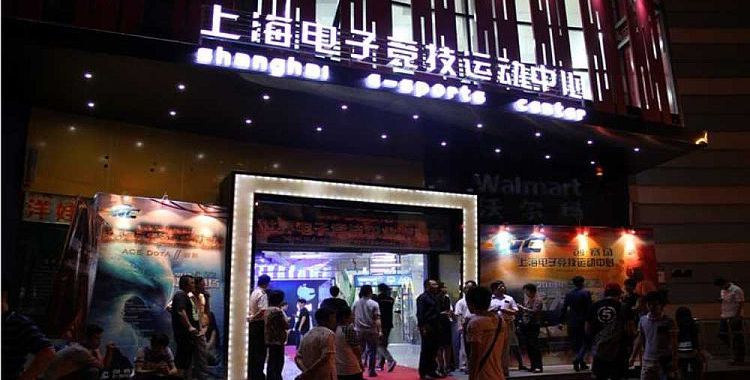
A picture of Shanghai eSports Center, the large eSports center built and owned by Jing Rui Properties.
To further exemplify ACE's role and power in Chinese Dota, let us look at ACE’s intervention against EHOME back in 2011. As some older fans may remember, EHOME was a superstar team that was one of the strongest contenders in TI1 and TI2. However, their Dota team was subject to a full scrim embargo by the ACE Alliance because they did not adhere to the Alliance’s anti-poaching policies when they signed LaNm from TongFu without their consent. Efeng, then iG's manager, did not accept EHOME's apology and led the entire ACE Alliance to institute a boycott against them. Any team found scrimming against EHOME would be fined 10,000 RMB (approximately 1,700 USD), which was a sizable sum back then. This meant that EHOME were unable to scrim against any of China’s top teams then, and this was fully sanctioned by ACE - effectively cementing their power at the top of the Dota bureaucracy in China. This eventually led to EHOME's disbandment and their disappearance from the scene.
Next, because ACE holds the reins of power in Chinese eSports, all tournament organisers and teams have to accede to ACE’s rules in participation in tournaments. If someone wishes to organise a tournament, they have to pay ACE a security fee, as well as guarantee a specific prize pool to generate enough interest in the competition. ACE justified this with the argument that participating in small tournaments would belittle the player's value to their sponsors.
With the combined rulings of teams being unable to play other tournaments while contracted to WPC, as well as the requirements laid down by ACE for teams to be allowed to participate in a tournament, it is unsurprising how many of the largest teams in China were unable to participate in many tournaments. This ultimately led to the large amounts of flak ACE received following the poor Chinese showing at TI3, and forced King to come out to defend himself. Moreover, it also forced Perfect World to step out as well, issuing an ultimatum to threaten legal action against Jing Rui Properties for infringing on their distributor’s rights.
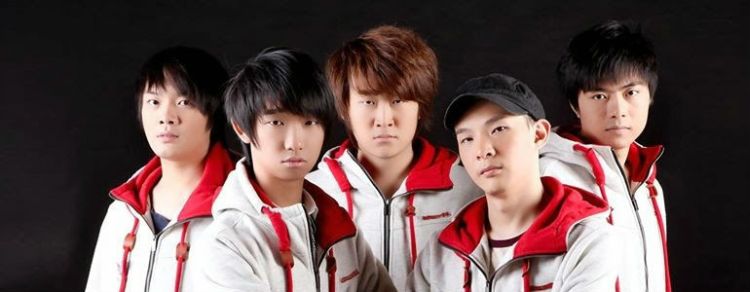
The team DK that attended TI3. From left: MMY, Super!, rOtk, QQQ and BurNing. After TI3, only BurNing was kept on the squad.
Speaking of goodwill for the players, there are some farcical elements in ACE’s governorship as well. As part of the contract with ACE, the players have to part with a good portion of their earnings from streaming. Are the players really taken care of? One only needs to think back about the drama in the post TI3 reshuffle last year, which begun suddenly when Sylar left LGD, citing that he was about to be kicked, as well as DK just releasing their entire roster of players save BurNIng.
In effect, ACE does not really protect the players like a player's union would. They are instead bystanders reaping the benefits of their unassailable position. They may argue that benched players contracted to them will continue drawing a salary from the organisations, but that would also effectively put those players in a limbo until their contract expired. This happened to ChuaN following iG's shuffle in the post-TI3 period, with him still being part of iG's roster but unable to play competitively.
Furthermore, despite eSports becoming one of China’s latest national sports, it has yet to step in to effectively regulate the scene, or recognise any overarching authority. Without any governmental backing or regulation, it then stands that ACE has been the single authority within Chinese Dota. This has allowed them to be partial in their treatment of players, and allowing them to get away with it. Some notable players were contractually banned from streaming in China while part of ACE, which allowed the spotlight to stay on the most prominent pro-players, who were allowed to stream.
Because ACE forces both the teams and players to go through them for any kind of team transfers, ACE was able to basically blockade some of the professional players from actually playing competitively by citing contract obligations. Names like Chisbug come to mind, who was originally from iG, but was disallowed from leaving the club despite being benched. As a result, he was completely inactive in the professional scene for a full 18 months after the merger of iG.y and iG.z, and soon after retired from competitive Dota.
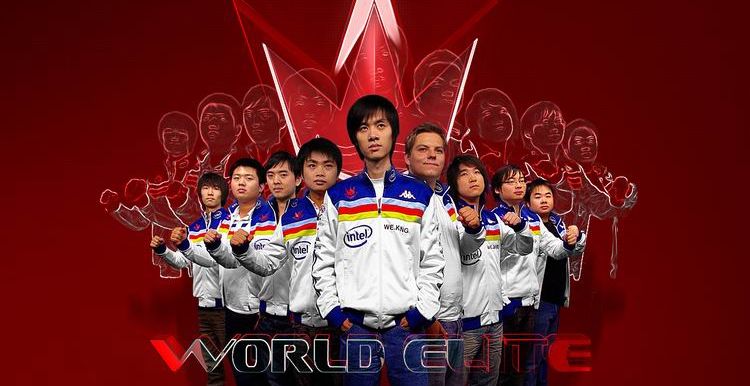
Picture of King and his organisation, World Elite. King is at the center of the picture with his name on his jacket.
The problems that plague ACE lies at its core leadership. Created by the managers of the top clubs in China, such as World Elite’s King, IG’s Efeng and DK’s Farseer, they operate with the facade of being in the best interests of the players while they have unjustifiably sold out their charges to corporatism. However, the more insidious topic of note is how ACE was formed. ACE’s origin story began a few months after the formation of the superstar teams iG.y and iG.z back in 2011, which were two all-star teams of players bought out of their contracts by Wang Si Cong, owner of iG and the son of the richest man in China.
To prevent other investors from coming into the scene and poaching his then star-studded squad of players, he supported King to establish ACE as a form of anti-competitive behaviour. Think of how many teams today in the various football leagues across the globe are against the Financial Fair Play policy - it is usually the small clubs and newly rich clubs that are against the rules, rather than the historically rich and established clubs.
The power of ACE thus lies in how they have managed to convince and/or coerce the players into signing contracts with the organisation, so that the players, and in consequence the team organisations, are beholden to ACE. With this, ACE has been able to successfully abuse its position as middleman so as to reap the greatest benefits for themselves - the managers, and at the cost of the players and team owners.
ACE, with its monopolistic power, has also been a source of problems for foreign tournament organisers attempting to operate in China. For example, for a particular well-known tournament before TI4, ACE attempted to get exclusive broadcasting rights on Chinese platforms from that tournament's organisers. They intended to make the existing casting studios bid for a contract to cast that tournament on ACE's AceTV, with ACE reaping the profits for the exclusive contract. Fortunately, the organisers saw through their scheme, and eventually found another studio to cast the tournament.
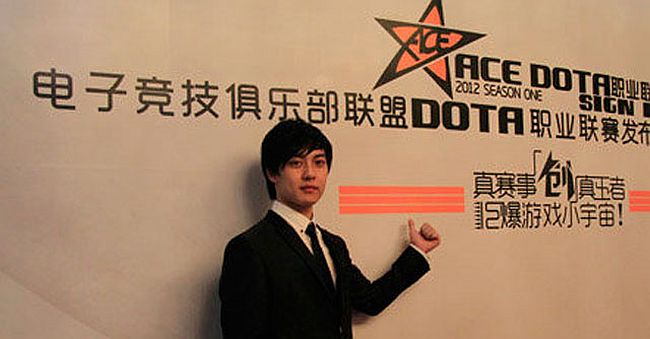
Efeng, previous Events Director of ACE and manager of Invictus Gaming
Having said all of this, what is ACE’s current situation? As of right now, they are slowly being throttled to death by the mistakes made by its frontmen. Efeng has left the iG organisation, and King’s gold-digging efforts with Jing Rui Properties have returned to haunt him, leaving him with little to no future left in the Dota 2 scene. However, there is little consolation now as ACE is slowly losing relevance in the Chinese Dota 2 scene, and a return to the anarchic scenario where “the richest man wins” seems imminent. With the scene entering a period of turbulence with the ongoing shuffle and multiple retirements, it is hard to say what will the final result be for the players as well as the clubs.
If ACE does fall apart, will there be another organisation or alliance to step up to protect the players and teams? It is apparent that in the playground of the sons of Chinese billionaires, external regulation is definitely needed to keep the scene stable. At the end of the day, for eSports to grow the most important thing is for a stable and regulated scene that will appeal to investors. The ACE Alliance has presented a monopoly of power that has stagnated the growth of the Chinese scene by selling all the rights of the players to Jing Rui Properties. The next organisation will definitely have to do a much better job in mediating the interests of all these partners and investors to ensure the growth of eSports in China.
At the same time, what form should this new organisation take? Looking at the ACE example, we had the managers of the clubs banding together to consolidate their power in a relatively powerless field. While the individual managers benefitted, the players and clubs suffered.
Moving forward, there appear three likely options. The clubs and team owners can step in to protect their own interests, which makes sense given that eventually organisations and clubs will end up being the cornerstones of the eSports industry - investors will invest and sponsor clubs, not individual players. However, this neglects the interests of the players in protecting them from being exploited.
Should we then move towards a player's union? A player's union would be effective in providing players with the negotiation power that they need for better terms in their contracts, but at the same time reduce investor confidence in the stability of the scene. What then? What would best provide an impartial way of bringing the game and eSports forward? Should we put our faith in Valve, they who stand the most to gain from the game's expansion, and are at the same time one of the most trusted game developers in history? I think we should.
Picture of WorldElite from Tatazu.com

